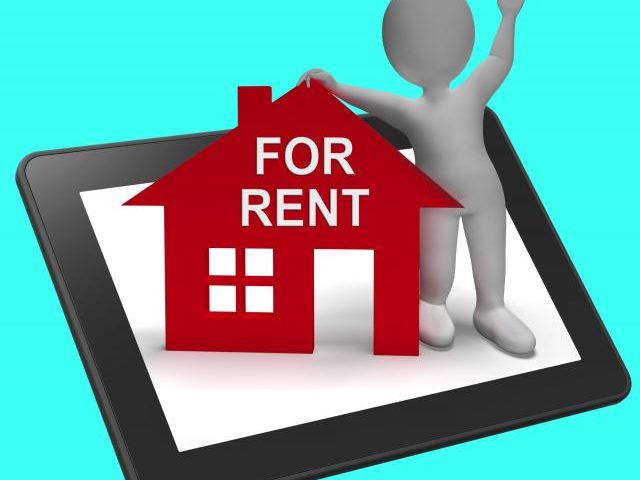Managing a property you wish to rent or being a landlord can be a difficult job, especially if this is your first time. A major problem most people face is the legal issues that follow a letting agreement. Another important aspect is the supervising stage of the rental unit and preventing problems that may occur in the future. The knowledge of the basic duties of a landlord towards tenants is the first step in keeping away legal issues.
From finding, screening, to creating a rental agreement, and collecting the rent, here are some must-know tips for landlords who are in this market for the first time.
1. Don’t Discriminate Against Prospective Tenants
Sometimes, a landlord may end up rejecting a prospective tenant for many reasons that are discriminatory. It is not right to deny a prospective tenant simply because of their race, national origin disability, financial status, sex, or colour. As a landlord, you need to base your decision on some key factors, including:
- Employment history
- Credit history
- Income
It is advisable that landlords should keep proper documentation of the reasons why they reject tenants during the screening process and use that to find suitable applicants. The best approach to finding suitable tenants is through real estate agents like Fish Need Water. You can consult them and they can help you to find suitable tenants through advertising. Always respect your tenants and take your time to know understand them.
2. Treat Your Property as a Business
Your primary job may not be to manage your property, but yes, it is still just like a business. You have to make sure that you remain professional and at all times, keep your property in mind. To conduct a business that is good, you must comply with local local licensing schemes and the legislation relating to property. Make sure that you follow the necessary laws to maintain a positive relationship with your tenants and avoid future legal problems. You also need to protect yourself from liability or accidents claims. The best way to protect yourself is through a landlord insurance. At unfortunate situations such as a pipe burst, the landlord insurance can help you from bearing the cost of the loss. This means that if a tenant sues you, you would not have to pay out thousands of pounds.
However, keep in mind that if you want to conduct a good business, you have to prevent any risk of problems before they happen. To avoid problems, it is advisable that you keep your property in good condition. Before you give your let out your property, ensure that you work on repairs and try to fix any problems as soon as possible. Keeping your finances in check by keeping at least three months’ rent in reserve will also help you deal with any big maintenance and also give some breath space should the worst happen and your tenant stops paying rent. You can save yourself a big headache by always ensuring you have a rental insurance for such a scenario.
3. Set an Appropriate Rent
If you wish to set the right rent price for your property, it is recommended that you research the real estate market properly. Survey the rent prices of similar flats like the ones in your area. This way, you can ensure that you set the most appropriate rent price that will attract prospective tenants.
When you set the rental price, keep in mind how this should affect your monthly finances. After all, when you rent a property, the payments you receive are an important part of your income. But be careful not to overprice your property as you are likely to get one of the most costly scenarios for a Landlord, a voice period. The best way to go about this is by comparing your rental income to the rental expenses. You need to list down your estimated and fixed expenses to ensure that you have the best price suitable for you. Fixed expenses include your property taxes, mortgage payment, and insurance fee. The variable expenses could be repairs, property improvement, and repairs. Once you compare your income to the expenses, it will become easier for you to see how the rent would affect your monthly revenue.
4. Make a Landlord and Tenant Agreement
An important tip that landlords should follow is to make a written rental agreement that states all the deals you make with the tenant. A typical residential lease agreement should specify the important rental terms that will guide the tenant and landlord relationship. It should state the names of the tenants, the duration of their stay, the amount of money they deposit as security balance, theirs and your obligation as tenants and landlord, the rent amount and whether you will allow them to live with pets in the unit.
From managing your rental property, finding tenants, collecting rents, to any step, it is advisable that you consult professional real estate agents to guide you along the way. With the right advice and tools, you can become a great landlord that tenants would appreciate.







